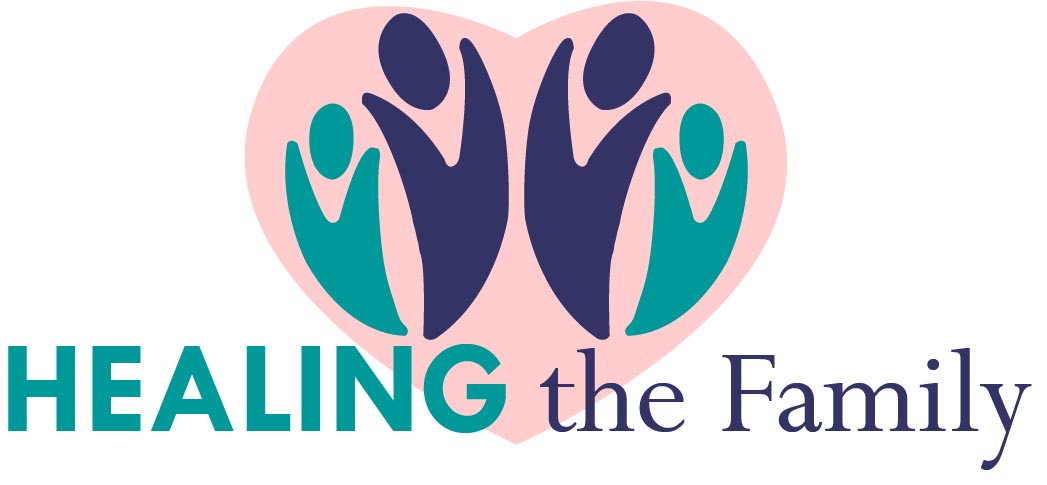 Most of us will have no trouble seeing ourselves in our children. But have we ever stopped to think of how many of our behaviors (both healthy and unhealthy) are patterned by what we learned from our parents and even grandparents?
Most of us will have no trouble seeing ourselves in our children. But have we ever stopped to think of how many of our behaviors (both healthy and unhealthy) are patterned by what we learned from our parents and even grandparents?
Consider how we choose what we do in our free time. It is likely that if you loved sports as a child, you will want your children to play sports too. This is especially true if your father and his father loved sports. If you were taught how to sew or to quilt, and learned these skills from your mother and grandmother, you may find it meaningful to teach this to your children and to spend time with them sewing or quilting. Again, these activities are not in themselves either healthy or unhealthy, but howdo we get our children to do these activities that we were taught to enjoy?
If our children do not want to do what we like, do we allow them to be different? It is important to understand that not every act of detachment from a parent is a sign of rebellion. When we understand appropriate boundaries, when we can demonstrate effective language of what love means, we are able to foster healthy differentiation of self in our children.
When children have their fundamental need to be loved met in a tangible way that demonstrates members of the family, especially the primary care givers, honor the child and love the child, wonderful results happen that allow the child to take ownership of his or her own gifts and talents in a way that they can make their own contribution to the family and to society. However, this is impossible when the primary needs of the individual are not being met by the family. A child will find it very difficult to develop a healthy sense of self if their fundamental need for feeling attached to parents and the family is not met.
